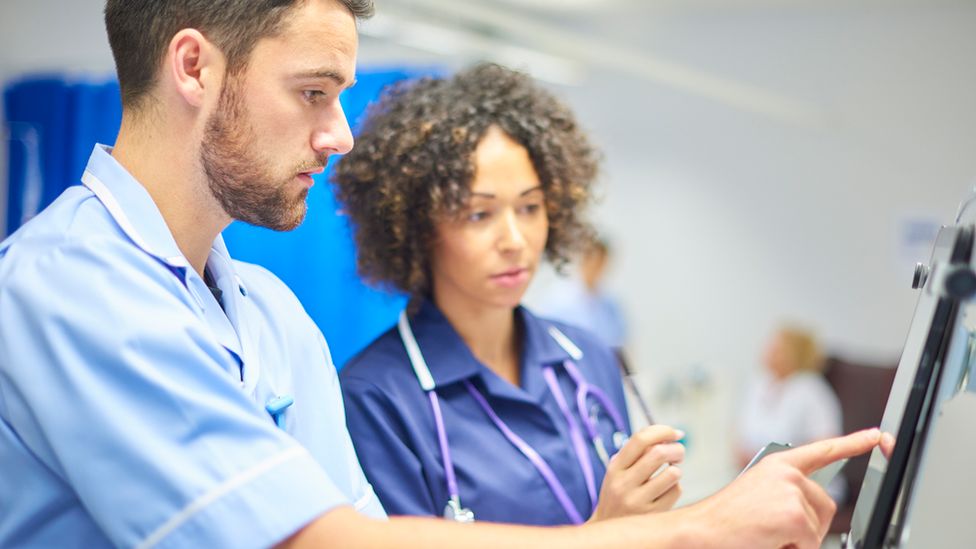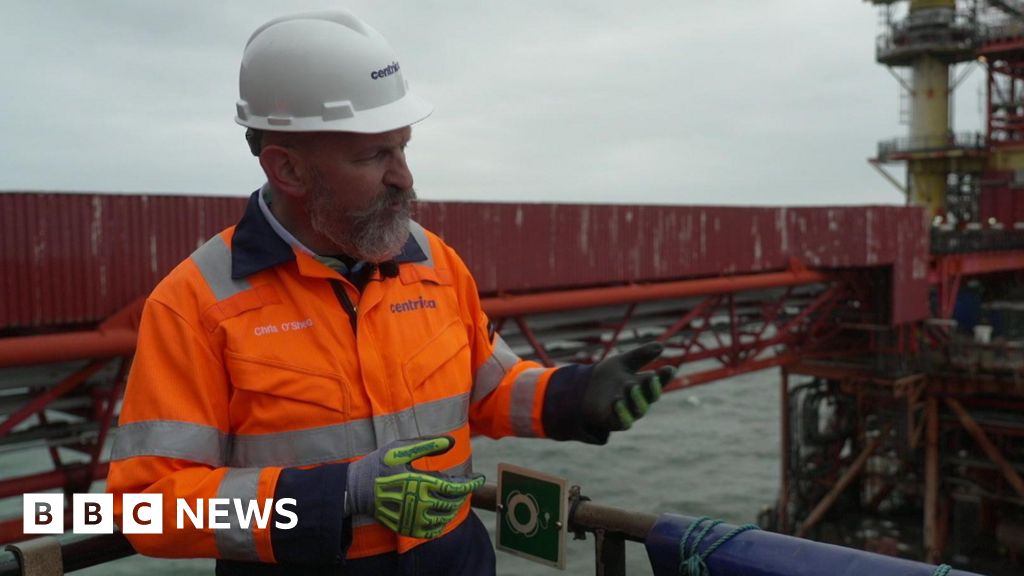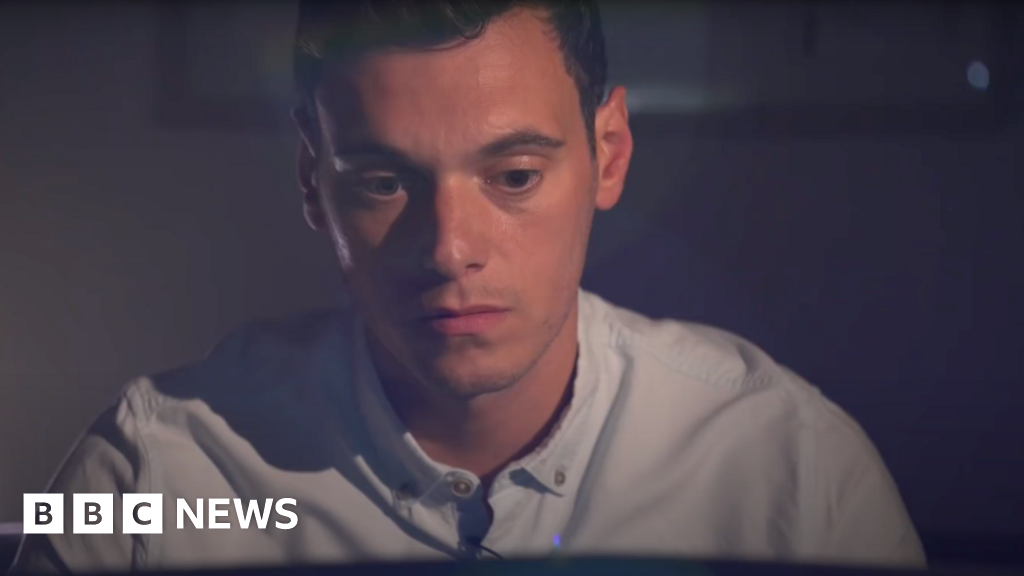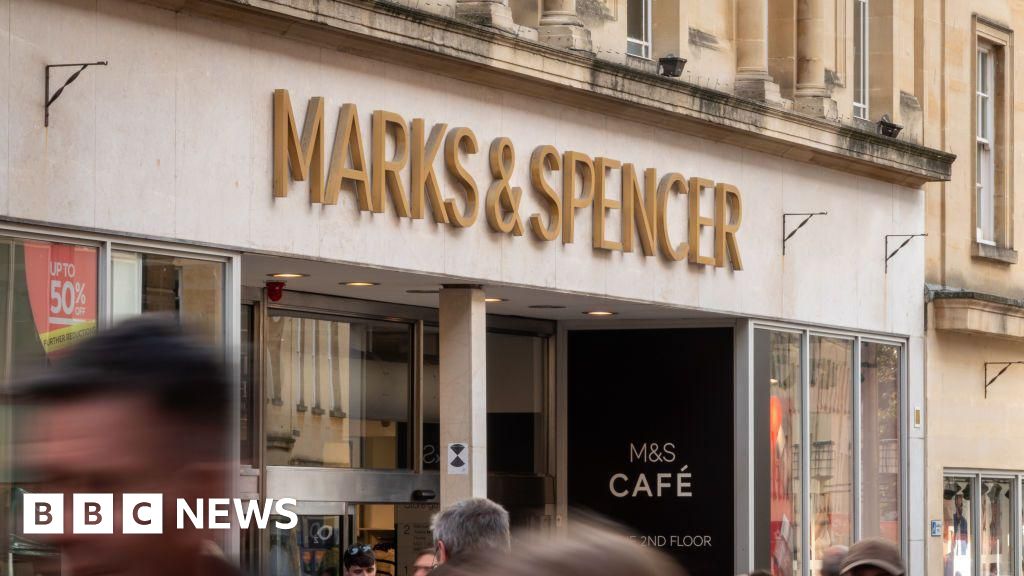ARTICLE AD BOX
 Image source, Getty Images
Image source, Getty Images
Millions more people, including teachers and nurses, will pay a higher rate of income tax, a leading think tank has warned.
A freeze on income tax thresholds from April means more people will pay a 40% rate, in what the Institute for Fiscal Studies described as the biggest tax raising drive since the late 1970s.
It claimed this will contribute to a sharp fall in household finances.
And if inflation remains high, more people will be affected.
Chancellor Jeremy Hunt has frozen the point where people start paying more tax until 2028. It means that 2.6 million more people will be caught in the higher bracket.
The BBC has approached the Treasury for comment.
People pay tax of 20% on income over £12,570 a year and this rises to 40% on income over £50,270.
As wages increase, more people move into higher tax brackets and pay tax on a larger proportion of their earnings.
The IFS said by 2027-28, the number of people paying the higher rate of income tax will reach 7.8 million, or a fifth of taxpayers.
That includes more than one in eight nurses, and one in four teachers.
In contrast, in the 1990s, no nurses and only one in eight teachers, paid higher rate tax.
It said it is a "seismic shift", and the single biggest tax raising measure since Geoffrey Howe doubled VAT in 1979, in the first year of Margaret Thatcher's government.
Mr Hunt warned late last year that everyone will have to pay more tax.
Freezing the tax thresholds will also increase cost-of-living pressures, said the think tank.
Households incomes are set to fall by a record amount this year, and a third of that is likely to be due to the freeze, it warned.
Inflation, the rate at which prices rise, has been surging and remains stubbornly high.
At the same time, the number of job vacancies in the UK market remains above one million and employers have been offering higher wages to attract staff.
But this has been dragging many people into a higher tax bracket, said IFS research economist Isaac Delestre.
Mr Delestre said higher-rate income tax over the past 30 years has gone from being something "reserved for only the very richest", to something many more people will pay.
Whether or not the government should be doing this "is a political choice as much as an economic one", he said, but added that raking in more tax by freezing thresholds means if inflation stays high, more people will be affected.

 2 years ago
29
2 years ago
29








 English (US) ·
English (US) ·